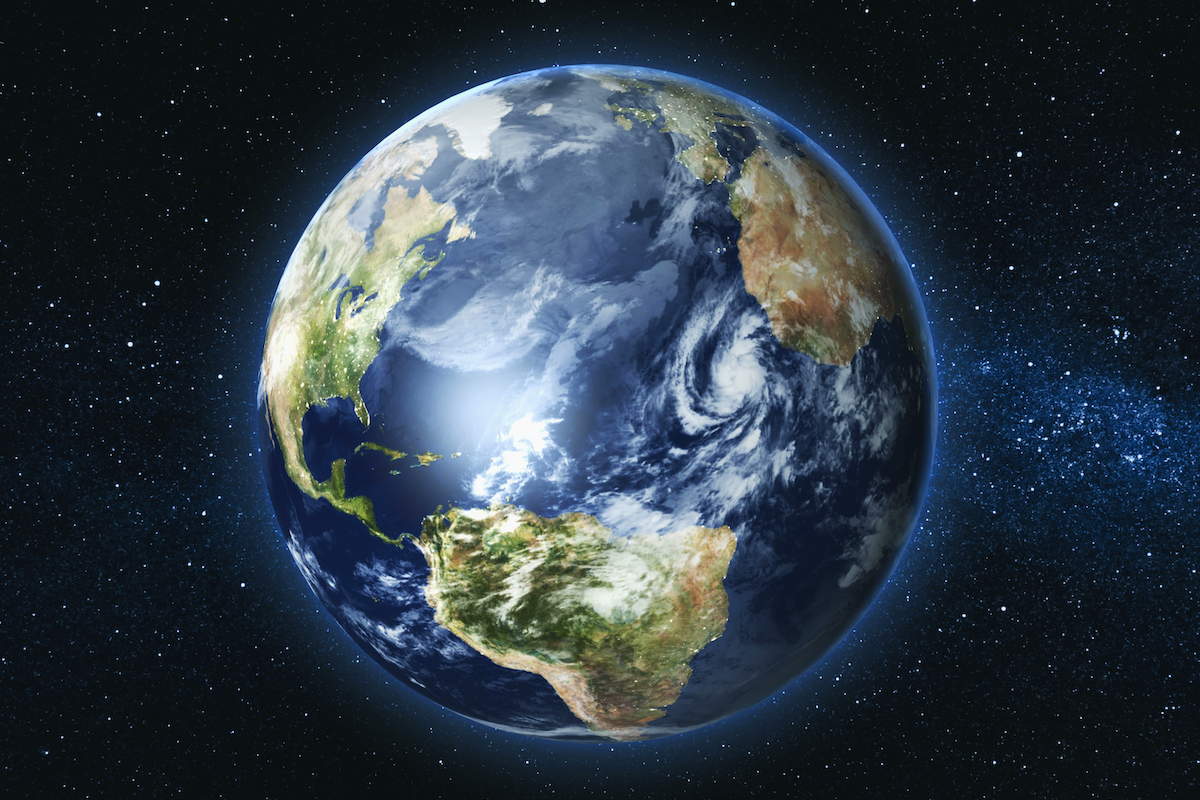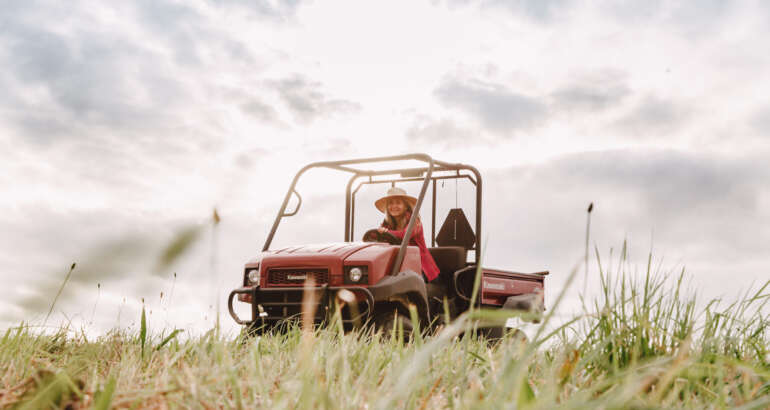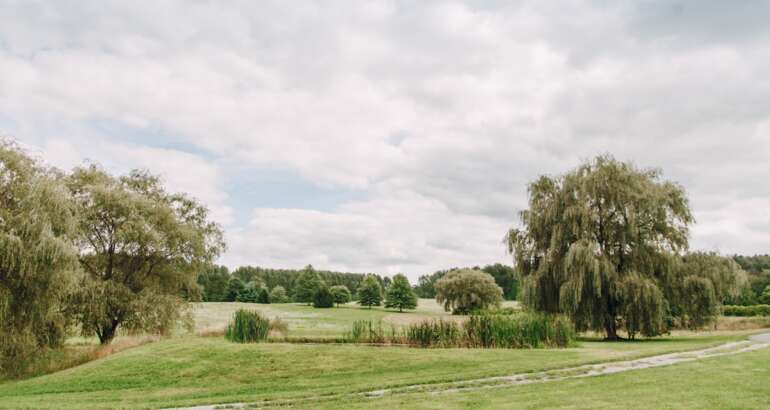What if we each strive to do five good deeds every day—one for a family member, one for a friend, one for a random stranger, one for ourselves and one for the planet?
This thought occurred to me after a random stranger, who had opened a door for me and to whom I was expressing my gratitude, instead thanked me for allowing him the opportunity to fulfill his tenth good deed of the day.
One cool thing about making a daily practice of performing good deeds is that we send positive energy into the world. However, by adding the planet as a daily recipient of our good deeds, we create an opportunity to make a very real impact on the survival of the earth.
Even in pausing once a day to do something kind for the planet, each of us can raise our awareness of its beauty and of the Earth’s amazingly complex and eloquently intertwined ecosystem of which we play an integral part. Much like a constantly moving fractal, each part of Earth’s ecosystem mirrors and supports both the next and the previous interdigitated components of life.
Paraphrasing Einstein who pointed out that using the same thought process which created the problem is not going to solve the problem, what is the thought process that is not working? No doubt there is much wisdom to be gleaned from reflecting on what has led us here. Here is a start on looking to the process that may have been contributory:
- Did Earth Day, first celebrated on April 22, 1970, mislead us into thinking that this annual one-day celebration qualifies us as environmentalists?
- Similarly, does recycling goods which we never needed in the first place show that we are doing our part to “save the planet?”
- Could it be that pointing to others as the problem(s) is the problem?
We have a collective responsibility to save the earth, but it will only be achieved if we each take personal responsibility. Each of us is a part of the fractal of Earth’s ecosystem.
This year’s 50th anniversary of Earth Day may be more akin to a plea for help rather than a celebration. In 1970, there were twenty million participants out of the 3.68 billion people on the earth. It is intriguing to speculate as to the number who will observe Earth Day this year.
Fifty years after the initial celebration, we have an earth which is struggling under the planetary load of twice as many people. We now have 7.53 billion people on our planet, many of whom are struggling against the immediacy of the health effects of COVID-19, even as the far-reaching implications of the virus’ presence are beginning to be explored in multiple areas including population, social, cultural, financial, planetary and geopolitical ramifications that will be felt well into the future.
We can look elsewhere as to the cause(s) or the ones (other than ourselves) who are responsible for the solutions. However, the finger pointing at any source (countries, industries, corporations or other individuals) or the feeling that we alone have assumed the ecologic moral high ground because of our efforts is not getting us to our goal of a healthy planet and people.
We can begin to shift the dialogue if we take personal responsibility for the burden each of us places on the planet. Granted, others may not be doing their part, but there are also many who do make it a daily practice to celebrate the earth. How about being one of them? Taking it as our personal responsibility and privilege to help heal the earth, we engage our can-do attitude and, in the process, have a ton of fun.
Actions speak louder than words. Here are some doable, inexpensive ideas to consider:
Grow honeybee friendly container flowers or feed the birds—paying attention to their majesty and their needs for survival.
Buy a thousand red wriggler worms to randomly populate yards, berms or along sidewalks to enrich the soil.
Make seed bombs of regional, native species wildflowers or trees to toss from your car window in abandoned, neglected areas thereby populate them with beautiful and environmentally supportive vegetation.
Brainstorm fun ideas with family and friends, and then commit to making the ideas happen. (On hearing the idea of Earth Every Day, one matriarch has organized a Zoom call on Earth Day 4/22/2020 for her 17-member family. From diverse locations—Boston to Fairfax to Scottsdale and beyond, the call will include grandparents, parents, children and grandchildren to share their individual plans for daily good deeds for the earth that they plan to do this year.)
Small acts of kindness for the planet and all of its inhabitants add up. Let’s come up with great ideas to initiate and share. There is a convention that says we are only limited by our imaginations. Not true, imagination is unlimited. We are only limited by not engaging our imaginations.
So how about it? Shall we shift the energy of the planet with our good deeds?
Will it be Earth Day or Earth Every Day starting this year?
Shall we start tomorrow?
I will if you will.
No…I will, even if you don’t, because I can make a difference.
How about you? Send me your great ideas!
Please share your Earth Every Day ideas with us at philosophicalguide@gmail.com




